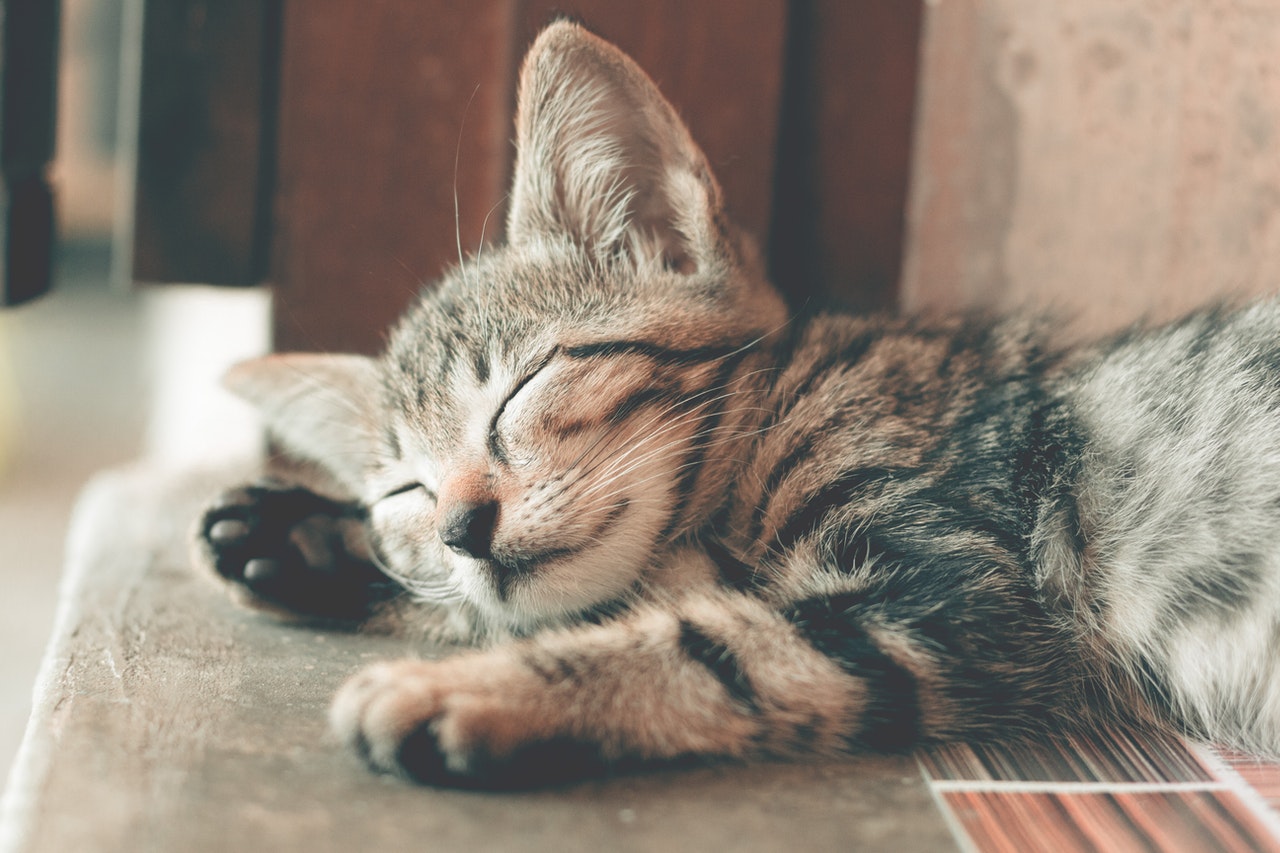What we do
About our project

There are signs from several countries that the coronavirus SARS-CoV-2 can also infect animals - especially cats and mustelids. At present, the risk to public health is considered negligible. After all, the driving force behind the COVID-19 pandemic is transmission between humans. However, when this transmission is greatly reduced, a virus reservoir in animals may become a more significant risk. Therefore, the Ministry of Agriculture, Nature and Food Quality (LNV) has requested large-scale research on COVID-19 in domestic animals.
The research project
Several research groups, united within the Netherlands Centre for One Health, are therefore working together on the interdisciplinary research project named 'Fighting COVID-19 in animals and humans, a one health approach'. The Faculty of Veterinary Medicine of Utrecht University (UU) coordinates the overall project, which is divided into six sub-studies.
The Department of Viroscience of Erasmus MC coordinates Workpackage 4 Molecular Epidemiology.
Workpackages
WP1. SARS-CoV-2 in cats and dogs in Dutch households
WP2. Prevalence of SARS-CoV-2 in different animal populations
WP3. Pathogenesis and transmission of SARS-CoV-2 in cats
WP4. Molecular Epidemiology of SARS-CoV-2 in cats and dogs – coordinated by the Department of Viroscience – Erasmus MC
WP5. Modelling of SARS-CoV-2 transmission between cats and humans within and between households
WP6. Management, integration
Our research focus
Work package 4 | Molecular epidemiology
Since its emergence, SARS-CoV-2 has spread globally, and caused a first pandemic wave. As a consequence, the genetic diversity of the circulating viruses has been increasing, and co-evolving lineages are starting to become visible. This diversification has enabled the use of whole genome sequencing for tracking of incoming viruses, contacts of cases and for analysis of clusters. In the Netherlands, a systematic sample of the newly diagnosed cases has been sequenced since the start of the outbreak, and a database of whole genomes is available.
Methods
The research project is exploratory in nature, exploring the potential for anthropozoonotic transmission of SARS-CoV-2 to cats and other pets. As experimental infections have shown evidence for transmission among cats, it is conceivable that owned or stray cats can transmit viruses as well and thereby become a source of onward transmission to humans. In addition, animals held in shelters or sold by breeders can potentially be infected and introduce viruses into the household. WGS can be used to try to unravel sources of infections in case of linked human and animal cases, although we do not expect to find this with high frequency.
Funds & Grants
Collaborations
Partners
- NCOH partners coordinated by University of Utrecht - Faculty of Veterinary Medicine
- Erasmus University Medical Center
- Wageningen University
- Wageningen BioVeterinary Research
Our team
Professor Marion Koopmans

